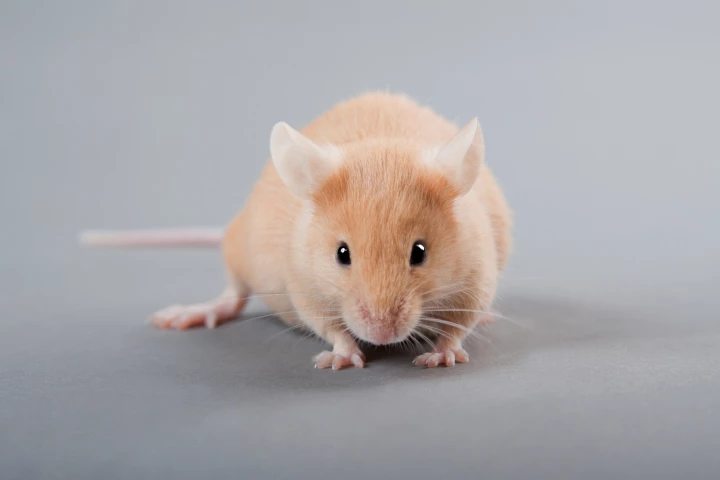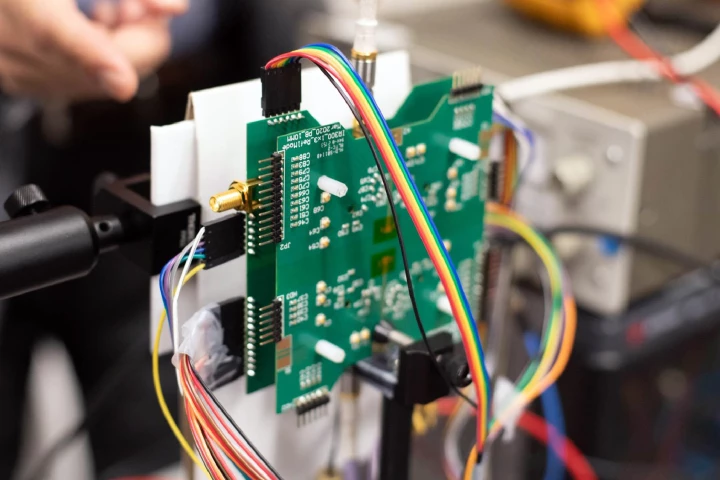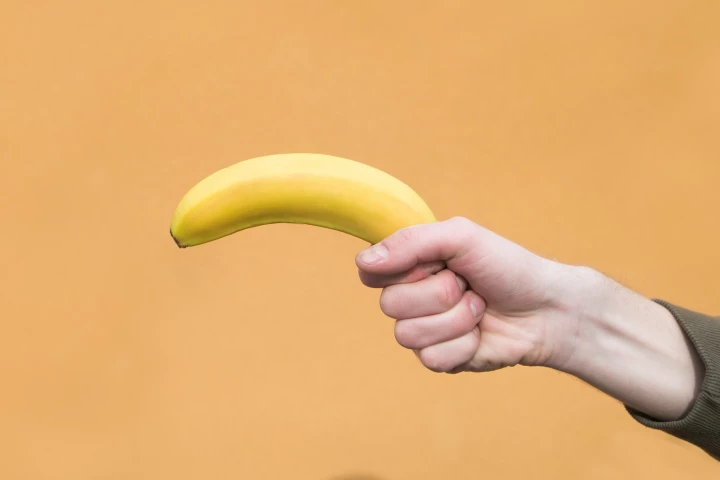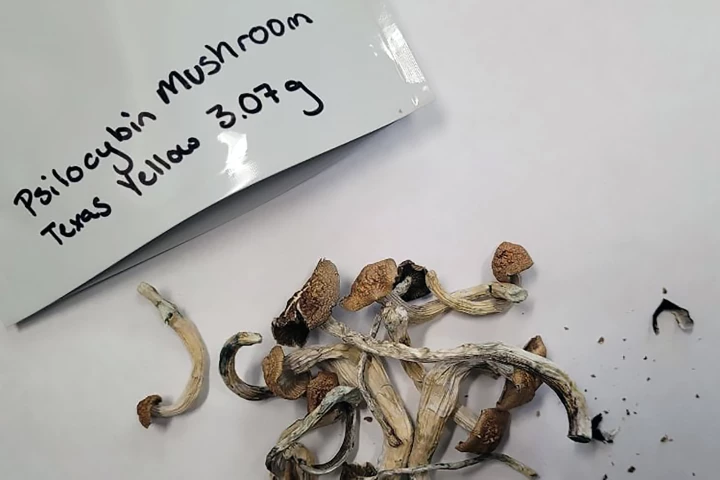University of Texas
-
Glass-fragment waste typically just ends up in landfills, but perhaps that doesn't always have to be the case. A study shows that ground glass particles can be mixed with soil to produce a plant growth medium that's actually better than soil alone.
-
One dose of a new treatment, delivered by nasal spray, clears away build-ups of the toxic tau protein associated with Alzheimer’s disease from inside brain cells, improving memory, according to new research. It paves the way for new treatments for the debilitating disease.
-
Scientists at the University of Texas at Austin have developed a “smart soil” that can keep plants better hydrated and provide a controlled release of nutrients. In tests it drastically improved crop growth while using far less water.
-
For the first time, scientists have successfully created a mouse with a 100% functional human immune system and microbiome. This 'humanized' mouse takes the guesswork out of research and may revolutionize how we test new drugs and understand diseases.
-
In pre-clinical trials, a small molecule effectively regrew neurons, reduced inflammation, and improved memory, speed, coordination, grip strength, and more. The finding could have a profound impact on aging and the diseases that accompany it.
-
Researchers have created a tiny chip that can take images of objects through cardboard. The technology, designed to fit inside a smartphone, brings us a step closer to wielding Superman’s X-ray vision abilities (without the X-rays).
-
Researchers have finally investigated a widely held belief that men who are more dissatisfied with the size of their penis are more likely to own a gun. And the results are not what they expected.
-
Text-to-image AI models trained on original images can memorize them, generating replicas that raise an issue of copyright infringement. A new AI model has been developed that’s trained on only corrupted images, removing that particular legal headache.
-
Laws are opening up to support the use of medicinal psilocybin – and that requires new technology to ensure accurate, consistent dosing. Researchers have now developed a fast and reliable method of determining the potency of magic mushrooms.
-
Using an AI-based approach, researchers found a better way to create the drug galantamine, commonly prescribed to people suffering from Alzheimer's and other forms of dementia. The fermentation-based technique could boost the drug's availability.
-
No-one has seen the Yellow-crested Helmetshrike for about 20 years. That changed when researchers embarked on a six-week expedition in the Democratic Republic of the Congo and captured the dramatic-looking yellow-topped bird in its first-known photo.
-
Researchers discovered a non-opioid compound that effectively reduced hypersensitivity associated with nerve pain caused by diabetes or chemotherapy drugs, opening the door to a drug to treat the condition for which existing painkillers do little.
Load More











